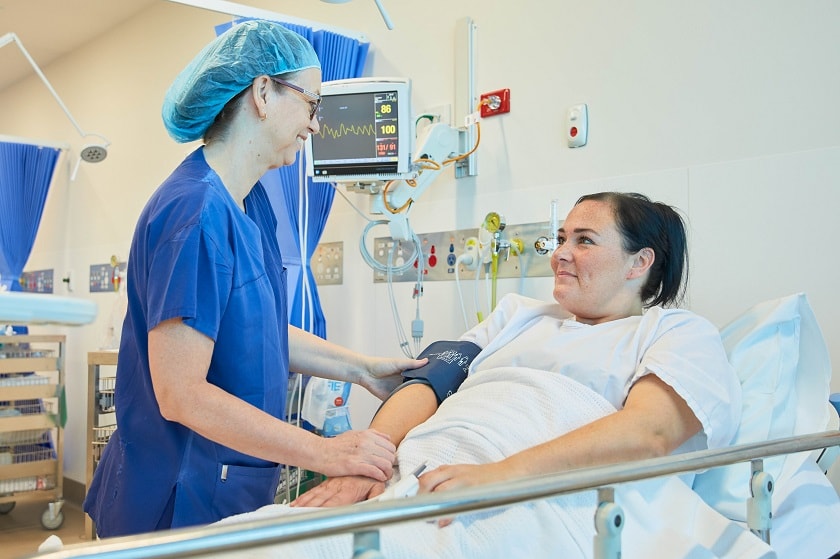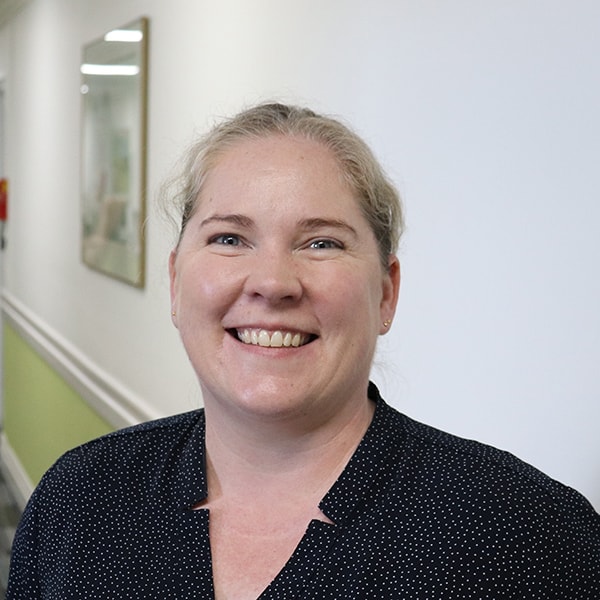Coming to hospital for surgery can be confronting when you know that you will be leaving with a wound. St John of God Mt Lawley Hospital Clinical Nurse Consultant Amy Staples explains what steps you can expect your team to take to care for your wound after your surgery.
After your operation you may wake up with a wound and this will be covered with a dressing or bandage. Our clinical team is trained to provide the best care for your wounds and will support you while you are in hospital.
Our team will check your wound regularly and change your dressings if needed during your stay. When they do this they will use a dressing trolley with a sterile dressing pack that has gauze, forceps and wound cleansing agent. Your nurse will explain this when they change your dressing.
Your nurse will create a plan with you for the care of your wounds during your stay. If your wound is complex your team will consult with a wound care specialist and your surgeon when creating your plan.
Most dressing changes are not painful. If your wound is more complex you may be offered pain relief prior to having your wound dressing changed.
Most minor wounds will heal in two-to-three days and your dressing can be removed. Your treating team will provide you with education for your discharge that is specific to your wound and how to support your wound healing at home.
Ways that you can help your wound heal:
- reduce or stop smoking
- drink plenty of fluid (unless you have been advised by your doctor otherwise), but avoid too much caffeine and alcohol
- eat foods rich in protein (including meat, fish, nuts, low-fat dairy products and legumes)
- avoid removing dressings regularly unless this was the plan provided to you
- avoid swimming until your wound has completely healed.
I tell all my patients they should “seek help” and call their hospital or surgeon for advice:
- if the wound area becomes red, swollen or hot
- if the wound becomes painful
- if fluid forming on the wound becomes excessive or bleeds
- if you feel unwell or have a temperature.


